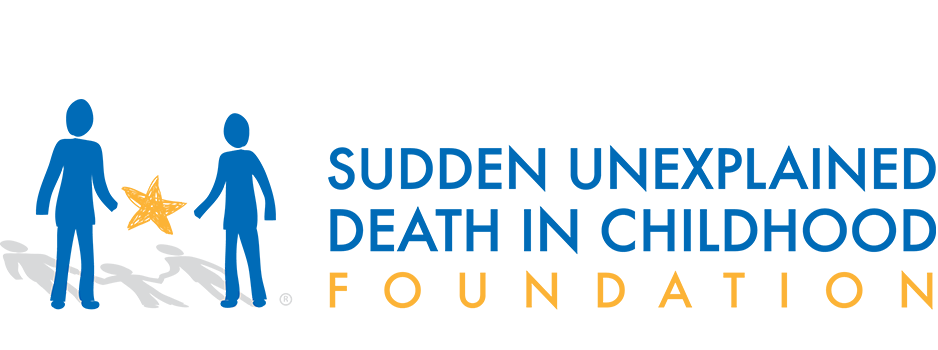27 Aug The SUDC Foundation and the SUDCRRC
At the SUDC Foundation, we often address questions, from the families we serve in particular, on the relationship between the SUDC Foundation and the SUDC Registry and Research Collaborative (SUDCRRC). While the two entities frequently partner together to foster high-quality research and to promote family bereavement support throughout research participation and beyond, they are each their own independent entities.
The SUDC Foundation is the only organization worldwide whose purpose is to raise awareness, fund research, and serve those affected by SUDC. The SUDC Foundation frequently educates its registered families on the research opportunities available to them, including the SUDCRRC, and refers the family to resources to enroll if they choose. The SUDC Foundation provides medical research grants to projects endorsed by the Foundation’s Scientific Advisory Board and approved by the SUDC Board of Directors. The SUDCRRC is one of those projects. The SUDC Foundation does participate in conducting its own research, but it is limited to utilizing information gathering during interviews with families and surveys to inform it.
The SUDC Foundation is proud to support the SUDCRRC to improve our understanding of SUDC and aid in discovering prevention strategies.
The SUDC Registry and Research Collaborative (SUDCRRC) is a research study of New York University (NYU) Langone Health operating under the direction of Dr. Orrin Devinsky.
The study was created in 2014 and is a multi-site collaborative with research partners at the NYU Langone Health, Columbia University, the Mayo Clinic in Minnesota, forensic pathologists across the U.S. and medical examiner and coroner partner offices.
The goal of the SUDCRRC is to increase the understanding of the characteristics, circumstances, medical histories and pathologies of children from ages 11 months through 18 years of age who have died suddenly and unexpectedly, and sometimes, without explanation.
As we learned at the 2017 Understanding SUDC conference, increasing the number of children studied will improve the power of the data to inform new discoveries. Almost 200 families have enrolled to date, which appears to be the largest SUDC registry ever produced. The goal of the study is to evaluate 400 children.
If you are interested in learning more about the SUDCRRC, the SUDC Foundation will refer you to the NYU study team for more specific information.
The SUDCRRC team members at NYU will:
- Contact the family and obtain informed consent
- Coordinate efforts with the medical examiner or coroner office
- Refer families to the SUDC Foundation’s staff if they would like to pursue DNA banking prior to enrollment
- Perform genetic analysis on the child who died, both biological parents and some family members and will return any clinically-significant results via the study’s genetic counselor.
- Perform neuroimaging and comprehensive neuropathology
- Provide referring medical examiner or coroner’s office with neuroimaging and neuropathology report
- Review of the child’s death, medical and family history by the study’s forensic, pediatric, cardiac and neuro-pathologists to determine whether a possible, probable or definite cause of death can be identified and whether additional studies might be helpful.
- Cover all expenses incurred by the medical examiner or coroner (including shipping supplies, shipment costs, slides, etc.) and customized pre-paid shipment kits to efficiently coordinate efforts
- Partners with the SUDC Foundation and clinical partners to provide mental health support throughout the study



